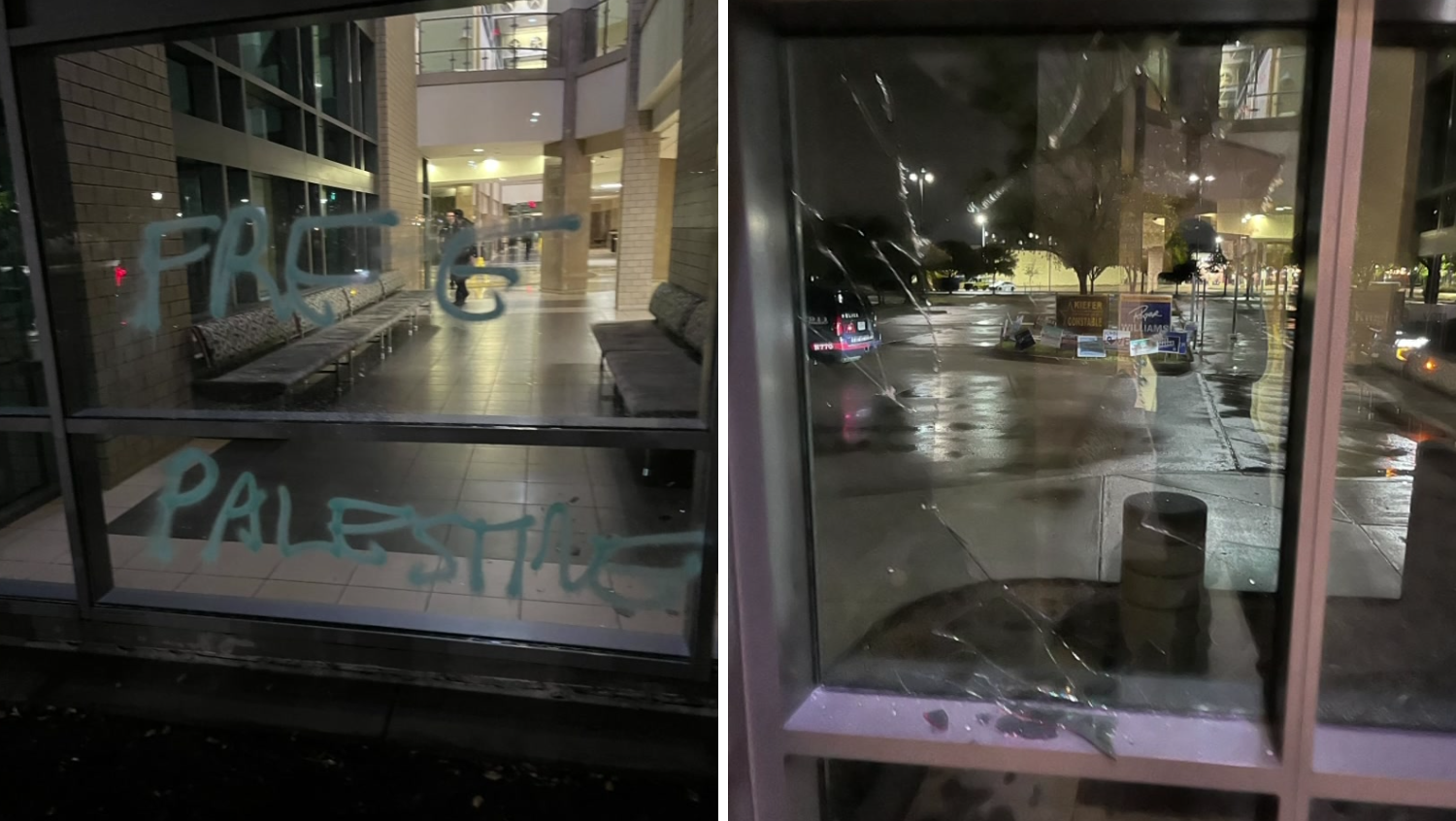Jury deliberations will continue Tuesday. A livestream from the courtroom will return Tuesday morning.
With closing arguments concluded, the fate of Amber Guyger is now in the hands of a Dallas County jury who must now decide if fatally shooting Botham Jean was reasonable under the circumstances or, if not, decide whether she's guilty of murder or manslaughter.
Those circumstances, according to her own testimony, occurred when she mistakenly entered his apartment instead of her own in September 2018 and took him for an intruder who posed a threat to her life.
Deliberations began Monday afternoon following a lunch break and continued until about 5 p.m. when the trial was recessed for the day. Deliberations will continue Tuesday morning at about 8:30 a.m.
While legal experts expected the jury to start deliberations early this week, they did not expect them to reach a verdict quickly.
Local
The latest news from around North Texas.
"Obviously this is horrible for everybody and so the jury is just going to have to decide whether this was a reasonable decision by this young lady or not. I would not want to be in their shoes. I can guarantee you that," former Dallas County prosecutor Mike Snipes said.
Day 7 of the trial began at 9:30 a.m. with the jury out of the courtroom as the attorneys and Judge Tammy Kemp decided how the charge against Guyger was going to be presented to the jury. After discussing the "Castle Doctrine," or the "Stand Your Ground" law, which the state objected to being included in the charge, Kemp decided to allow them to remain.
Afterward, the jury was brought into the courtroom and the defense was asked to call its first witness. The defense called no witnesses and immediately rested their case. The state followed by closing their case.
The jury was then instructed by Kemp that they must first consider the murder charge and that then if they do not find Guyger guilty of that charge they can consider the included offense of manslaughter. Kemp added that if members of the jury are torn on whether they should find Guyger guilty of murder or manslaughter, they should resolve that conflict in the defendant's favor by finding her guilty of the lesser charge.
If convicted of murder, Guyger faces between 5 and 99 years in prison while a conviction of manslaughter carries between 2 and 20 years behind bars.
The jury could, of course, find Guyger not guilty of either charge.
Following the judge's instructions to the jury, the attorneys were given their final opportunity to sway the jury by presenting their closing arguments. Prosecutor Jason Fine was up first, followed by defense attorneys Toby Shook, then defense attorney Robert Rogers and finally prosecutor Jason Hermus.
The prosecution and defense rested on Monday in the murder trial of former Dallas Police Officer Amber Guyger.
In closing arguments, the prosecution appealed to the jury's sense of "what is reasonable" calling the actions of Guyger that night anything but.
"It sounds so absurd all the things that she missed and all the things that she thought and yeah she thinks it but she is not a reasonable person," Assistant District Attorney Jason Fine said.
Prosecutors, as they have done throughout the trial, pointed to the signs they say Guyger missed when she mistook Jean's apartment for her own. At one point, Assistant District Attorney Jason Hermus held up Jean's bright red door mat.
"Killing this man was unnecessary and it was unreasonable," Hermus said.
But Guyger's defense team countered, reminding jurors the burden of proof is on the prosecution.
Who would not have sympathy for Botham jean, his family or anyone in that position but that is not part of your consideration as a jury," Defense Attorney Toby Shook said.
Guyger's attorney's argued her reasonable mistake of fact led to the death of Botham Jean and the state failed to prove murder.
Closing Arguments
Amber Guyger Murder Trial Attorneys
Learn more about the prosecutors and defense attorneys
Source/Credits: Larry Collins, Jack Highberger, NBC 5, Attorney Firms
On Saturday, during Day 6 of the trial, the jury only heard about five minutes of testimony before being dismissed.



